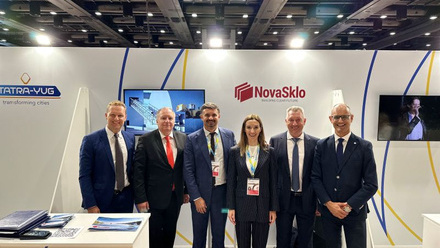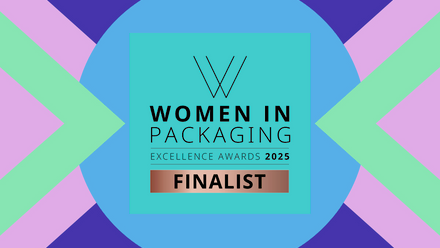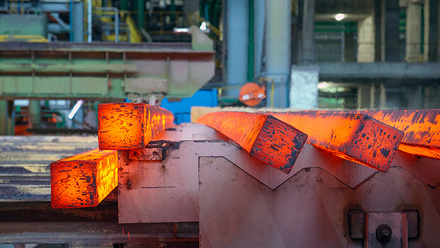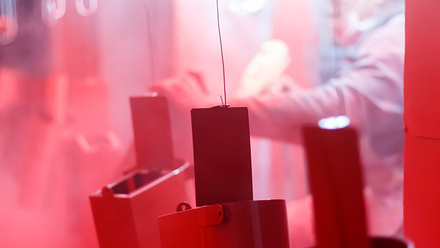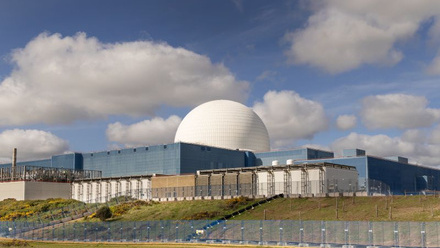First industrial-scale facility for enforced carbonation in Poland
The facility in Górażdże processes recycled concrete paste (RCP) recovered at the firm's recycling plant in Katowice, Poland.
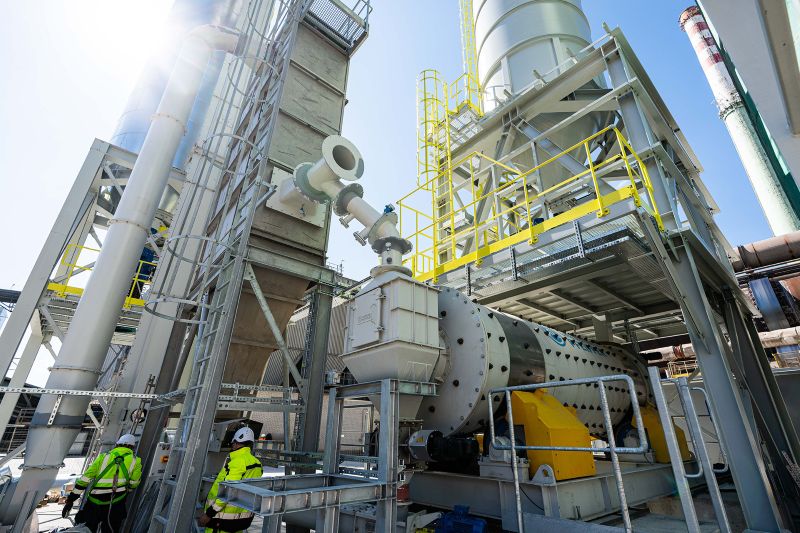
RCP naturally absorbs and permanently binds CO₂, thereby acting as a carbon sink.
This marks the next step in the large-scale implementation of Heidelberg Materials’ patented ReConcrete process.
Heidelberg Materials claims the process has the potential to reduce CO₂ emissions by a total of approximately 900-1,000 kg/t of RCP used.
This total includes 100-150kg of CO₂ that is permanently bound during the carbonation of RCP, and an additional 750-850kg of CO₂ emissions that are avoided by replacing clinker with carbonated RCP in composite cements.
To harness this potential and accelerate the natural process, the RCP undergoes a treatment known as enforced carbonation.
This process involves exposing the RCP to exhaust gases from the kiln in Górażdże, allowing CO₂ to chemically bind within the material.
Once carbonated, the RCP can be used as a supplementary cementitious material (SCM), partially replacing energy-intensive clinker in composite cements.
In July 2024, Heidelberg Materials launched the first phase of large-scale implementation of ReConcrete by opening an innovative recycling plant for selective separation in Katowice.
This facility features a proprietary crushing mechanism that enables advanced separation and sorting.
The fractions obtained include sand and gravel ‘of the highest quality, equivalent to the one of virgin raw materials’, with RCP as the finest of the fractions.
The company will now focus on conducting operational trials and evaluating the technology under industrial conditions.
Its pilot facility is part of the international ‘Carbon4Minerals’ research and development project, carried out by a consortium of leading scientific, technological, and industrial partners across Europe.
The project is co-funded by the EU and by the Swiss State Secretariat for Education, Research, and Innovation.


